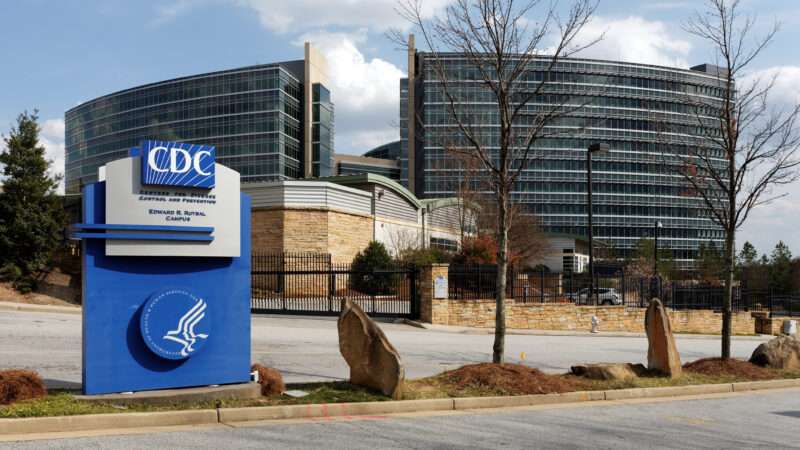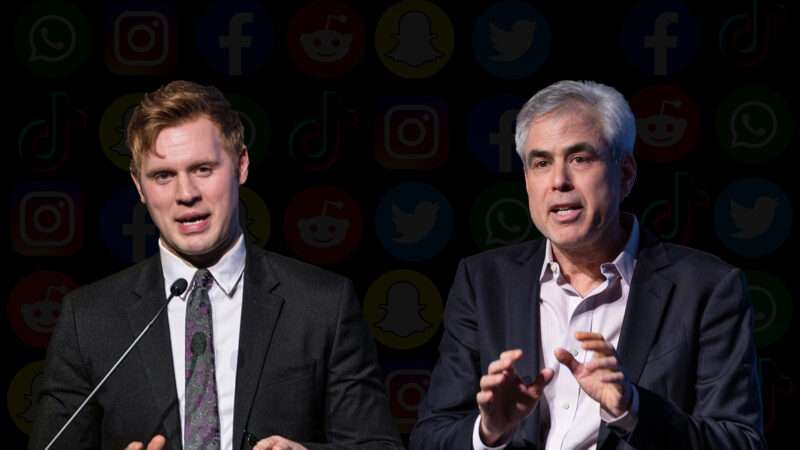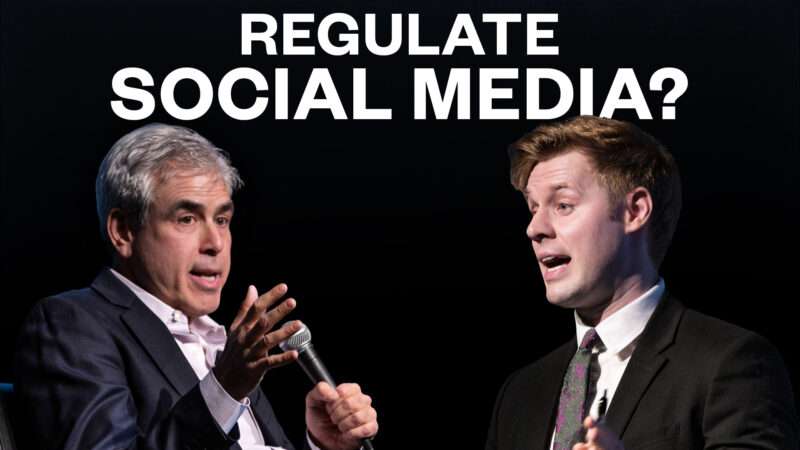The case is Doe v. Town of Lisbon (D.N.H.), which stemmed from police officer Doe’s being fired—wrongly so, he claims—and being placed on the “Exculpatory Evidence Schedule” (also known in New Hampshire as the “Laurie List”), in which his disciplinary record would be disclosed by prosecutors to defense lawyers whenever he testifies. Such placement naturally damages a person’s job prospects as a police officer in any department (at least in New Hampshire but I expect elsewhere as well).
Now I can’t speak to whether Doe was indeed wrongly fired, but I don’t think that this is a case where pseudonymity is legally authorized; generally speaking, people suing over allegedly wrongful firings have to sue in their own names, even though this might well further publicizing what they are claiming to be false allegations against them. (See generally Appendix 7 of my The Law of Pseudonymous Litigation draft.) That requirement of open litigation strikes me as especially apt when important government officials such as police officers. Yet the case was apparently sealed outright in state court; the court granted a motion that argued that,
The Plaintiff is concerned that publicly having his name as plaintiff will undercut any relief obtained in this matter, and will further jeopardize his ability to obtain future employment in the criminal justice and policing field—even if he is fully vindicated in this matter.
When determining whether to seal a case, “the burden of proof rests with the party seeking closure … to demonstrate with specificity that there is some overriding consideration or special circumstance, that is, a sufficiently compelling interest, which outweighs the public’s right of access to those records.” In re Keene Sentinel, 136 N.H. 121, 128 (1992) (citation omitted).
The plaintiffs’ interest in having this lawsuit be filed under seal, while his Constitutional rights are vindicated, is a compelling interest that outweighs the right of the public’s right of access to this litigation’s docket.
And while there has been no motion to seal the federal court case (the defendants had removed the case from state to federal court), the federal case is apparently being litigated pseudonymously. I may end up moving to intervene and oppose pseudonymity, as I did in the Ohio police officer plaintiff case; in any event, I thought I’d note that such attempts at pseudonymity seem to be happening in various places (see also here).
The post Another Pseudonymous / Sealed Police Officer Lawsuit appeared first on Reason.com.
from Latest https://ift.tt/bq7ydtM
via IFTTT



